Is raw milk illegal? It depends on where you try to buy and sell it. That is the least complicated answer to what is an otherwise complex question. Raw milk is a tightly regulated industry in the United States. The U.S. Food and Drug Administration (FDA) banned interstate sales or the distribution of raw milk in retail stores. Interstate milk sales require pasteurization. Raw milk is not pasteurized. We will give an in-depth explanation as to why later in this post.
To answer the question, “Is raw milk illegal?” we must look at the rationale behind the FDA’s decision and how consumers can get around it if they really want to get their hands on some raw milk.
Is raw milk illegal?
In 1987, the FDA put the kibosh on the interstate sale of raw milk. The regulatory agency determined it was a public health risk to allow retail sales of unpasteurized milk across the country. Dangerous bacteria like E. coli could find their way into raw milk supplies and make people sick. The FDA argued that pasteurization kills the harmful bacteria found in milk. Since raw milk skips this step, the FDA deemed it unsafe for consumers. Since it could not guarantee all raw milk was free of dangerous microorganisms, the FDA decided it was best to prevent interstate sales.
The FDA’s move does not mean states cannot make their own rules about raw milk sales. Eleven states currently allow raw milk to be sold in any retail store within state lines. They include Arizona, California, Connecticut, Idaho, Maine, Nevada, New Hampshire, New Mexico, Pennsylvania, South Carolina, and Washington.
Why raw milk is not pasteurized
Raw milk is not pasteurized for one simple reason: it destroys beneficial nutrients. Pasteurization heats milk to 161 degrees Fahrenheit and holds it at that temperature for at least 15 seconds to kill bacteria. Then, it is cooled back to its original temperature of around 39 degrees Fahrenheit. Doing this not only removes any dangerous microorganisms but also extends the shelf life of milk by two to three weeks.
What most people do not realize is that while pasteurization kills harmful bacteria, it also kills beneficial nutrients as well. Raw milk contains hundreds of healthy fatty acids like conjugated linoleic acid (CLA) and omega-3s. Once it is heated to pasteurization temperatures, those nutrients are gone.
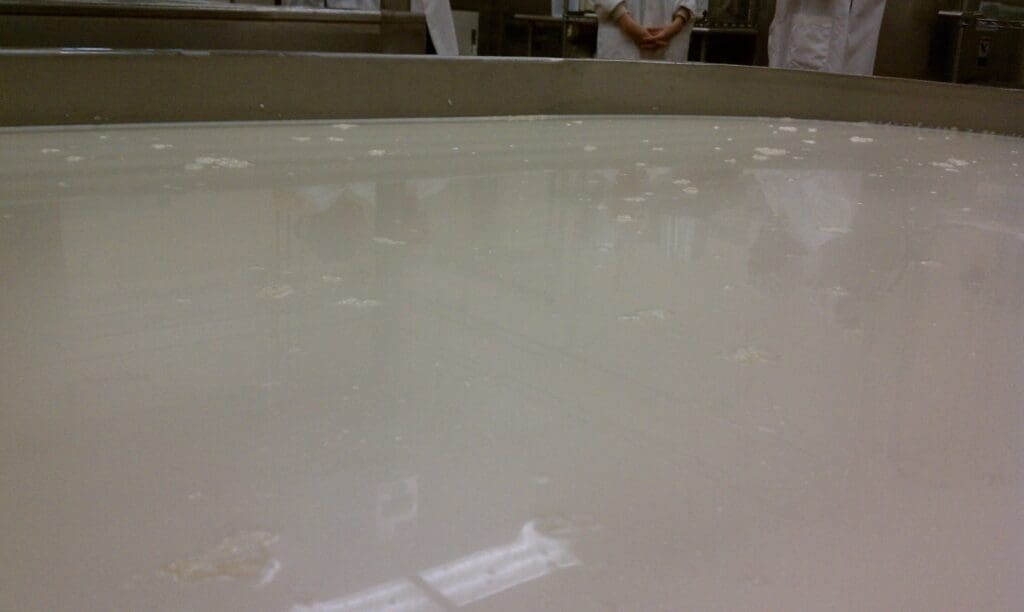
How to make raw milk safe
I get asked the question “is raw milk safe?” all the time. It is entirely possible to drink raw milk directly from a dairy cow without getting sick when you follow some basic rules for cleanliness. First, never leave your Jersey cow standing knee-deep in its own fecal matter. Not only does this pose health risks to the cow, but it also can contaminate your cow’s milk supply. Trust me when I say there are some seriously gross pathogens in cow manure. Udders covered in feces risk harmful bacteria traveling to the teats. When the milk passes through the teat, it becomes polluted with things that can make you sick.
Properly cleansing your dairy cow’s teats before each milking also goes a long way in preventing illness. We have a multi-step process we follow every time before we milk our Jersey cow. After each milking, we then sanitize all equipment and store it for the next use.
Lastly, if you are really worried about raw milk safety, send it for testing at one of many certified dairy milk testing laboratories across the U.S. We use Udder Health Systems in Idaho to test our Jersey cow milk. They run an analysis on our samples and provide a report of any bacteria or other microorganisms found in the milk.
How to get safe raw milk
Depending on where you live, you might be able to find raw milk in your local retail store. Consumers in the 11 states we mentioned above are among the lucky ones who do not have to go far before finding raw milk for sale. If you live in a state that bans commercial raw milk sales, you have options. Like us, you can consider buying your own Jersey cow or another dairy cow. This only works if you have a homestead large enough to accommodate a dairy cow. We recommend between 2.5 and 5 acres per cow to ensure they have ample grazing opportunities.
If owning your own cow is not possible, you can consider buying shares in a cow. This is not as weird as it sounds. When you do not have your own homestead, you can take part in a cow-share program through a local dairy farmer. You buy all or part of a dairy cow, and the local farmer agrees to feed and care for the cow as part of the arrangement. Any milk the cow produces belongs to you (and anyone else who has shares in it).
The other way to get your hands on raw milk is by turning to your local farmer or farmer’s market. If you know – and trust – your local dairy farmers, buying milk directly from them is not illegal in most states.
Be a law-abiding raw milk drinker
Is raw milk illegal? We wish we could tell you the answer is no, but that is just not the case in every state. Raw milk is amazing, and we hope you consider giving it a try even though it might take some effort to get your hands on some. The health benefits alone make it worth it. Just get your raw milk the legal way.
In our kitchen, we only use cultures from Cultures for Health.
Get yours here and start culturing today.
Popular Articles
Newsletter
Get signed up to get latest updates and new information from the Jersey Milk Cow!
This site uses Akismet to reduce spam. Learn how your comment data is processed.

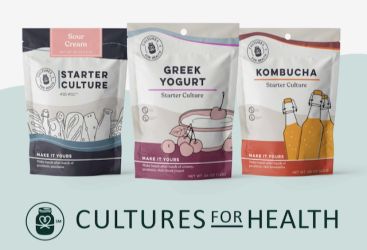
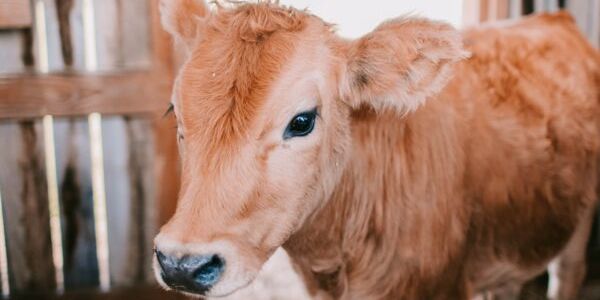
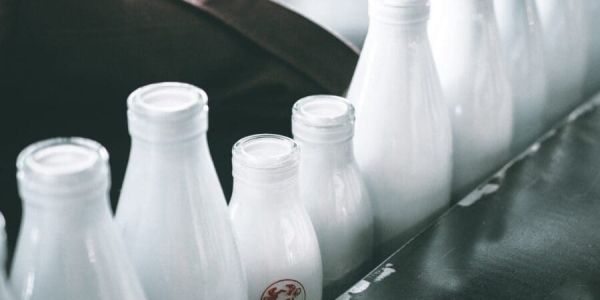
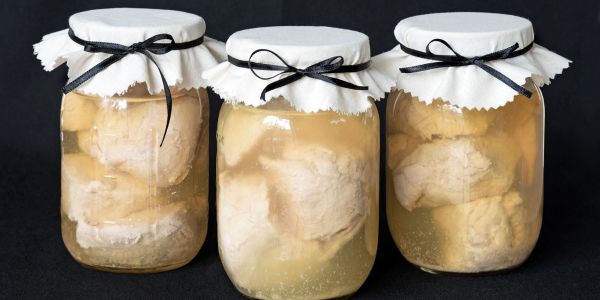
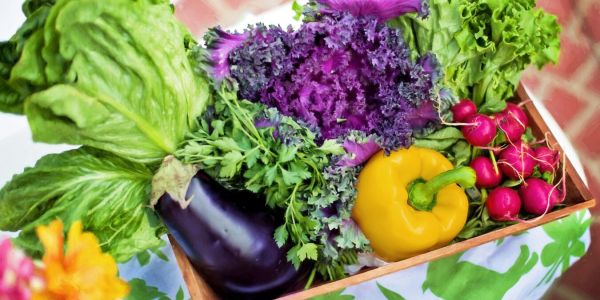
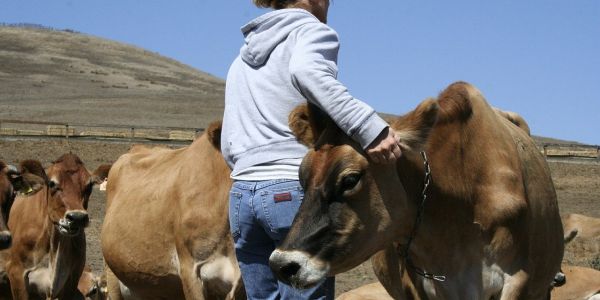
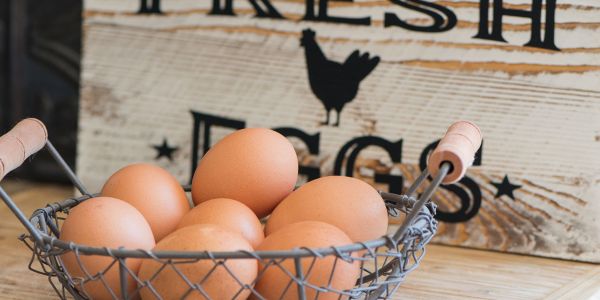
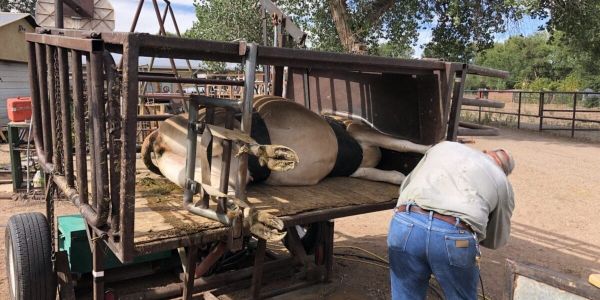
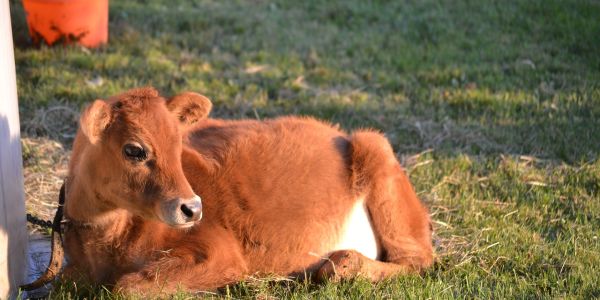
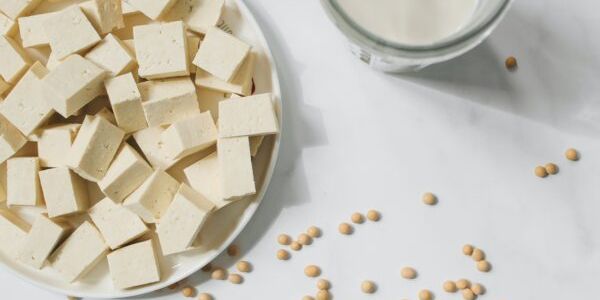
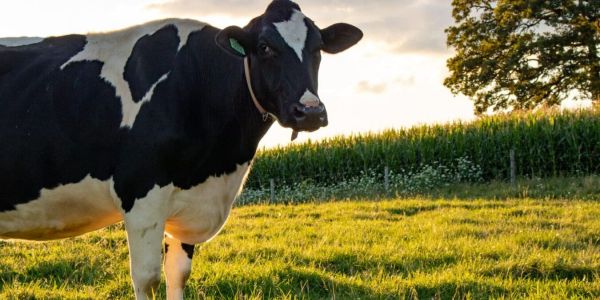
Leave a Reply